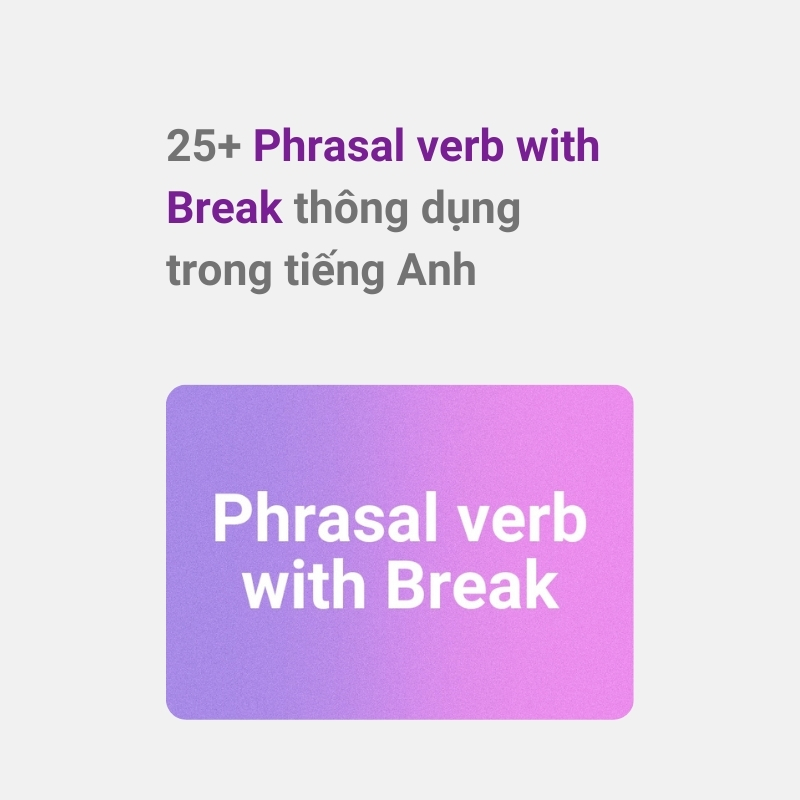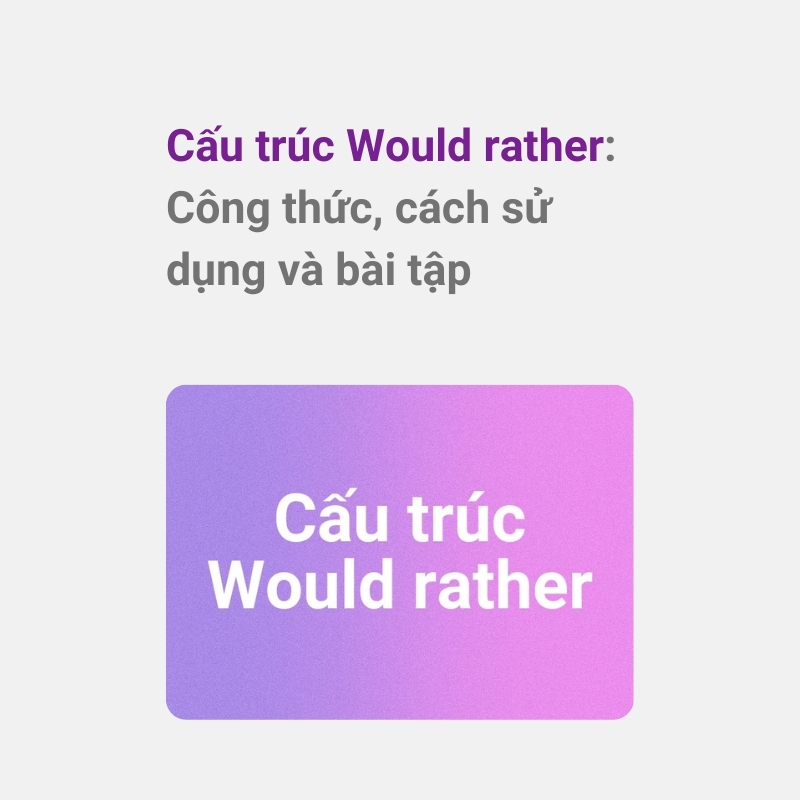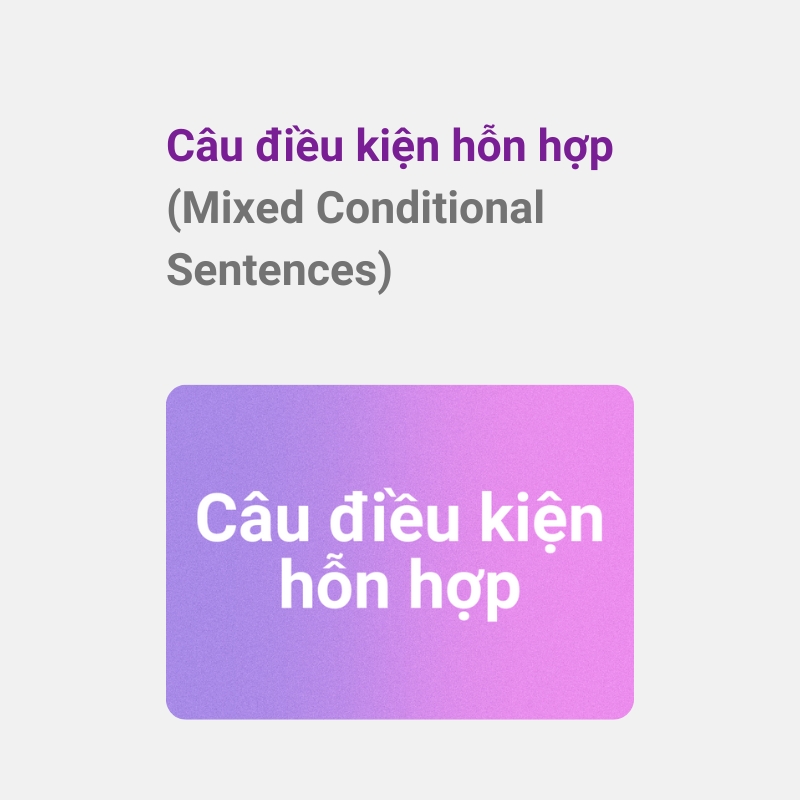Common mistakes Vietnamese make on writing task 1 and 2 mistakes with who
 13/12/2023
13/12/2023
 Tác giả : monamedia
Tác giả : monamedia

Can you see what’s wrong with each of the following sentences? (all the sentences below are real sentences written by Vietnamese students for IELTS)
- The graph indicates the percentage of people in Great Britain chose to live alone by age and gender in 2004/05.
- Overall, the ratio of males and females lived alone increased by age and more young and
middle-aged men did so than women while this trend reversed as people came to retirement age. - As can be seen from the graph, there was a slightly higher percentage of males than females lived alone in the 16-24 and 45-64 age groups with about 5% and 17% respectively.
- Female members used the health club saw an increase in numbers over the summer months.
- The older women aged over 65 went to the gym made up 32% while this figure for men was about 25%.
- From June to September rates peaked regarding the number of members participated in the health club
- There have been various cases of escaped criminals pose a genuine threat to society while running from the law.
- It cannot be denied there are many people tend to spend too much effort on seeking happiness yet never find it.
All of the above sentences are missing the word “who.” This word is a relative pronoun and you should review your grammar rules about such pronouns.
Remember, a relative pronoun is a pronoun that introduces a relative clause. It is called a “relative” pronoun because it “relates” to the word that its relative clause modifies (adds information to). Here is an example:
- The person who phoned me last night is my teacher.
In the above example, “who”:
- relates to “The person”, which “who phoned me last night” modifies
- introduces the relative clause “who phoned me last night”
There are five relative pronouns: who, whom, whose, which, and that.
Who (subject) and whom (object) are generally only for people. Whose is for possession. Which is for things. That can be used for things and people (but remember to review more details about usage of these pronouns – just Google them).
Here are the answers for the 8 sentences above:
- The graph indicates the percentage of people in Great Britain who chose to live alone by age and gender in 2004/05.
- Overall, the ratio of males and females who lived alone increased by age and more young and middle-aged men did so than women while this trend reversed as people came to retirement age.
- As can be seen from the graph, there was a slightly higher percentage of males than females who lived alone in the 16-24 and 45-64 age groups with about 5% and 17% respectively.
- Female members who used the health club saw an increase in numbers over the summer months.
- The older women aged over 65 who went to the gym made up 32% while this figure for men was about 25%.
- From June to September rates peaked regarding the number of members who participated in the health club
- There have been various cases of escaped criminals who pose a genuine threat to society while running from the law.
- It cannot be denied there are many people who tend to spend too much effort on seeking happiness yet never find it.
Remember that missing “who” in a sentence will lead to reducing your grammar score so review your relative pronouns and DON’T make a common mistake that’s easy to avoid like this one.
Nhận lộ trình IELTS TỐI ƯU theo yêu cầu
















